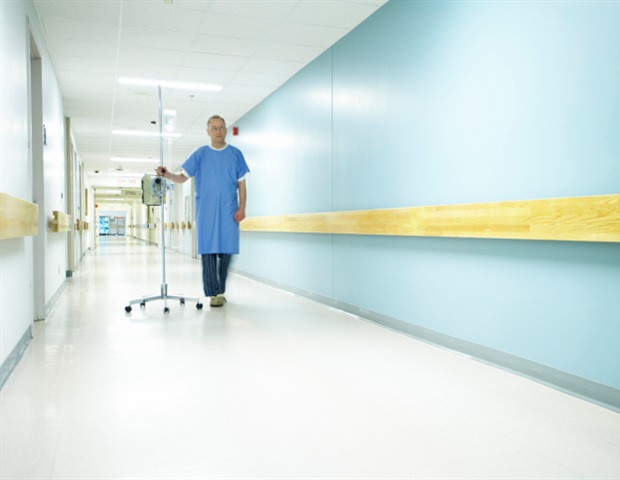It's time for some of the world's best hospitals and research institutes to launch full and independent investigations into their support for disgraced transplant surgeon Paolo Macchiarini, argue experts in The BMJ today. Responses from those concerned are also published.
John Rasko and Carl Power at the Centenary Institute, University of Sydney, ask whether most of the institutions that supported him, including University College London and Hospital Clinic Barcelona, have taken responsibility for their part in his misconduct.
Paolo Macchiarini was once seen as a pioneering transplant surgeon for his work replacing damaged windpipes with lab-built ones seeded with the patient's own stem cells.
But in 2016, Swedish television broadcast a blistering investigation into Macchiarini, exposing him as a charlatan whose engineered windpipes did more harm than good, something he'd lied about for years.
The scandal ruined his career. But Rasko and Power say that, to their knowledge, only his Swedish employer, the Karolinska Institute, has publicly admitted that, while there, Macchiarini engaged in scientific fraud and unethical human experimentation.
They suggest the other institutions that hosted Macchiarini, including hospitals in Spain, Italy, Russia, the UK, and the US, "managed to keep a lid on his misconduct better than Karolinska did."
The result is that, outside Sweden, Macchiarini has faced criminal charges only in Italy, from his time at Careggi University Hospital in Florence, they explain. But these had nothing to do with the windpipe replacements he carried out there, and Macchiarini was eventually cleared.
Apart from the Karolinska, only University College London has shown much concern about Macchiarini's engineered airways, they add. In 2017 it held a special inquiry into the matter that found that some mistakes had been made, but nothing major.
Yet they note that some of the issues and evidence that the special inquiry did not cover have come to light in the media, raising serious questions about the treatment of patients by UCL and its clinical partner, Great Ormond Street Hospital, and the way these cases were reported.
Separately, they also point to misrepresentation in Macchiarini's two remaining success stories – that of Claudia Castillo, the first person to receive a tissue engineered airway (Barcelona, 2008), and Ciaran Finn-Lynch, the first child to receive one (London, 2010) – both reported in the Lancet.
The Lancet has long resisted calls to retract Macchiarini's 2008 paper, arguing that the Hospital Clinic Barcelona was best placed to investigate misconduct. But an open letter published last year in The BMJ said the journal's inaction shows that, like the hospital, it prefers to protect its reputation rather than denounce scientific fraud.
Recently, the Lancet made a minimal concession to its critics by publishing "expressions of concern" for Macchiarini's 2008 paper and its five year follow-up – a concession so minimal that it fails to mention the reasons for concern.
Rasko and Power point out that millions of research dollars have been spent trying to build on Macchiarini's bogus breakthroughs, and say millions more might be spent if the scientific record is not set straight.
More important than wasted money is wasted life, they add. The "success" of Claudia's and Ciaran's transplants justified giving other patients the same procedure, leading to further deaths. "Left unchallenged, Macchiarini's legacy remains a deadly one."
They conclude: "We've named just a few of the institutions where Macchiarini performed his windpipe replacements. There's every reason to think that, like the Karolinska, they each betrayed the trust of their patients along with that of the general public."
"To regain that trust they should undertake a full and independent investigation of Macchiarini and his associates. As the Karolinska was forced to do years ago."
BMJ
Posted in: Medical Procedure News | Healthcare News
Tags: Cell, Hospital, Research, Stem Cells, Transplant
Source: Read Full Article
